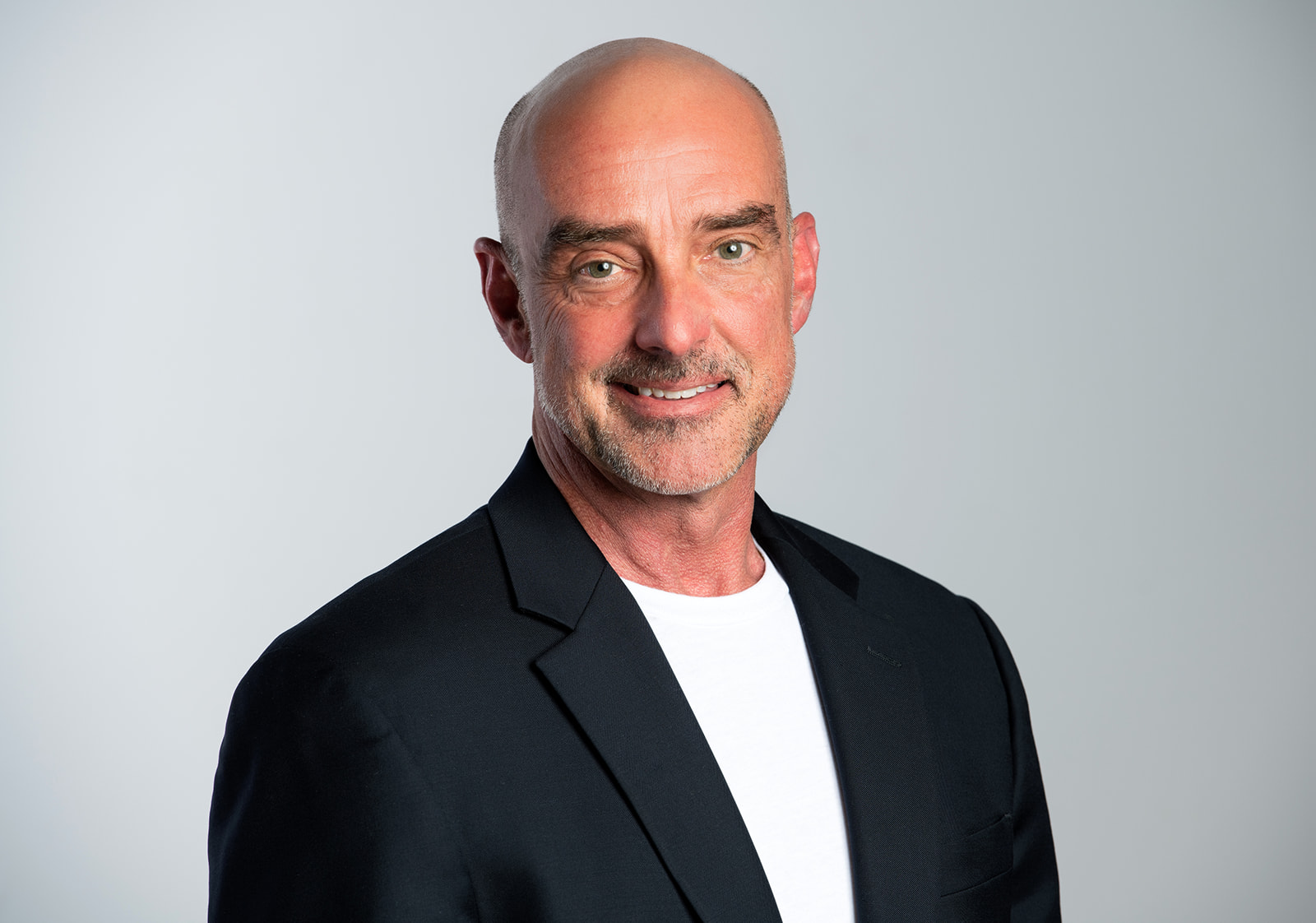YES to recommendations of the CDC and NIH; Listen to Dr. Fauci!
BUT NOW, how to calm the disquieted brain and soul?
Firstly, be gentle with yourself. In times of emergency / grand uncertainty, it is NORMAL to have abnormal fears , unexpected emotionality, and racing thoughts. The brain goes into high alert in order to protect and preserve the body.
Secondly, recognize that you have heard the inner alarm. And unless you are in actual physical danger (in which case, call 911 for help), it is time to turn down the alarm.
Here are some tips to do that and soothe yourself:
• Thank your body for alerting you and tell your body that you are now going to let it rest. Really, have that conversation.
• Sit in a quiet place and notice how the chair supports you; shift your body and maybe use a pillow to feel fully the connection between your body and the support. With feet apart, notice the floor under them and the sensation of letting them rest heavy, firmly. Does it feel better with palms up in your lap or palms down, or flat on the seat of the chair?
• Let your attention be drawn to your heart. Imagine that you can breathe directly into your heart as you inhale through your nose and exhale through your mouth, the exhale being a bit longer. And sometimes a little sigh as we exhale just feels good and releases tension. Practice this heart breathing, inhaling as if the air is a golden white light that begins now to circulate throughout your body. Where do you first begin to feel relaxation and release? Be curious about that and wonder where it may next make itself known. (If you can imagine all sorts of terrible possibilities that have not yet occurred, you can also imagine soothing light, gentle waves, breezes perfumed with graces yet to be experienced).
• Daily attend to one or two credible sources of news, such as the CDC (Centers for Disease Control) for information regarding the science of the virus and a reputable reporting agency for directions for public safety where you live. Avoid listening to the news channels all day long, they repeat and re-traumatize; they carry too much of an emotional charge when we are in the midst of uncertainty.
• Know that your thoughts are just that, thoughts. It is ok to notice your thoughts as an observer. Just because you have had a catastrophic thought does not mean it will happen. When thoughts distract you, notice them and return your attention back to your breath.
• Notice what is right, what is good/true/beautiful. Let yourself experience gratitude. For people of faith, that experience of gratitude IS prayer.
• Staying safe, see what you might do to reach out and care for another…maybe a phone call to check on them.
What has been shared may seem quite secular to some, but I would ask you to think about spirituality/faith as being more than ideas you hold to be true (as good as many of those ideas/beliefs are). Spirituality is ultimately about relationships — with the Divine, with others, and with ourselves.
When we quiet ourselves, we feel less isolated and more connected….that’s helpful as we participate AND wait for our world to be reconnected in safety and peace.


Recent Comments